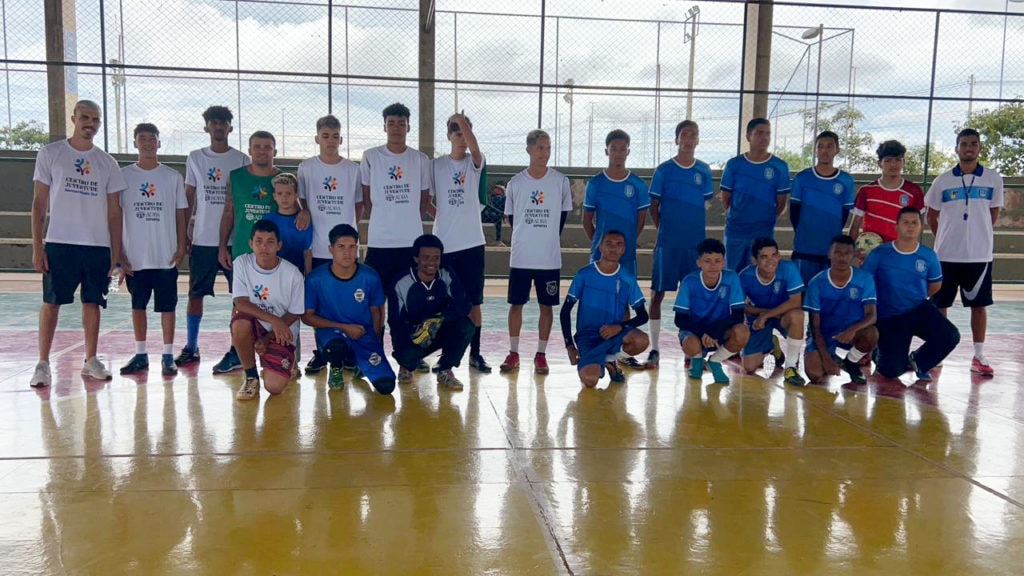
In Brazil’s capital region, two youth centers managed by the Adventist Development and Relief Agency (ADRA) in the Federal District and Goiás aim to incorporate men and women — both Brazilians and foreign refugees — into the labor market, in addition to providing learning opportunities for young people. These centers promote work and offer quality education and vocational courses, leaders behind the initiative said.
At the centers, young people between the ages of 15 and 29 have access to daily sports workshops, professional courses, lectures, psychosocial care, and other free services. The two youth centers are strategically located in the Samambaia and Recanto das Emas administrative regions in Brazil’s Federal District. These areas are known for presenting a context of social inequality and for housing many young people in vulnerable situations.
Since 2022, the project has served more than 6,000 people. One of the young men who is seeing his life transformed through the Samambaia Youth Center is Marcos Eduardo Valeriano. At 21, he is studying and working, but somehow, he still manages to set time aside to learn jiu-jitsu.
Through the project, Valeriano has been able to realize one of his dreams. He has participated in four competitions sponsored by ADRA and has won a gold medal in each of them. “I found out about the Youth Center through a friend who brought me here,” Valeriano said. “The staff treated me so well that from that day on I never left.”

For jiu-jitsu teacher Apolyano Dantas, the sport is making a difference in Valeriano’s life. "Marcos was a very shy kid. Today he is very communicative, but when he arrived here, he was very introverted,” Dantas said. “Eventually, I noticed that he had a talent for jiu-jitsu. He began to focus more. Through that, we took him to compete, and he began to stand out.”
But it is not only in Samambaia that the project is impacting lives. In Recanto das Emas, 17-year-old Pedro Theiss learned that the youth center was offering a free barber course. Through practical and theoretical classes, he learned the trade and got a job at a barbershop. “If it weren’t for the Youth Center, I wouldn’t be a professional today,” Theiss said. “They didn't just teach me about having a profession. They taught me how to treat people, manage ideas, and learn from others,” he said.
Besides helping people to become part of the job market, the social initiative also offers a space for young people to hang out and spend time together.
“The Youth Center is an extension of a young person’s home,” said Jeconias Neto, former regional ADRA director in the Federal District and Goiás. “We understand that the sense of belonging is what young people often find in the world of drugs and crime. Therefore, ADRA must counter all that by offering a better option,” he said.
Neto also said that the space is more than a place of learning. “Some young people don’t come here to take a course. They just come to sit around, play ping-pong, talk to other people. This is the extension of home,” he said.
The original version of this story was posted on the South American Division Portuguese-language news site.